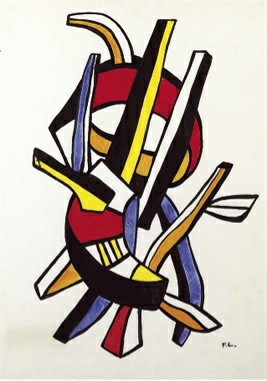A person enters the literary world as a novice, and slowly studies the works of great writers and scholars. Readers immerse themselves in deep, alternative worlds and hope to gain some lasting wisdom. Respect is paid to the writers who transmit that wisdom.
[It was such immersion that led me to conclude that the US needed to invade Iraq.]
A citizen of the Internet has a very different experience. The Internet smashes hierarchy and is not marked by deference. Maybe it would be different if it had been invented in Victorian England, but Internet culture is set in contemporary America. Internet culture is egalitarian. The young are more accomplished than the old. The new media is supposedly savvier than the old media. The dominant activity is free-wheeling, disrespectful, antiauthority disputation.
[Such as led many "bloggers" to decide invading Iraq was wrong.]




